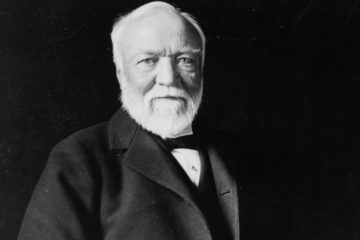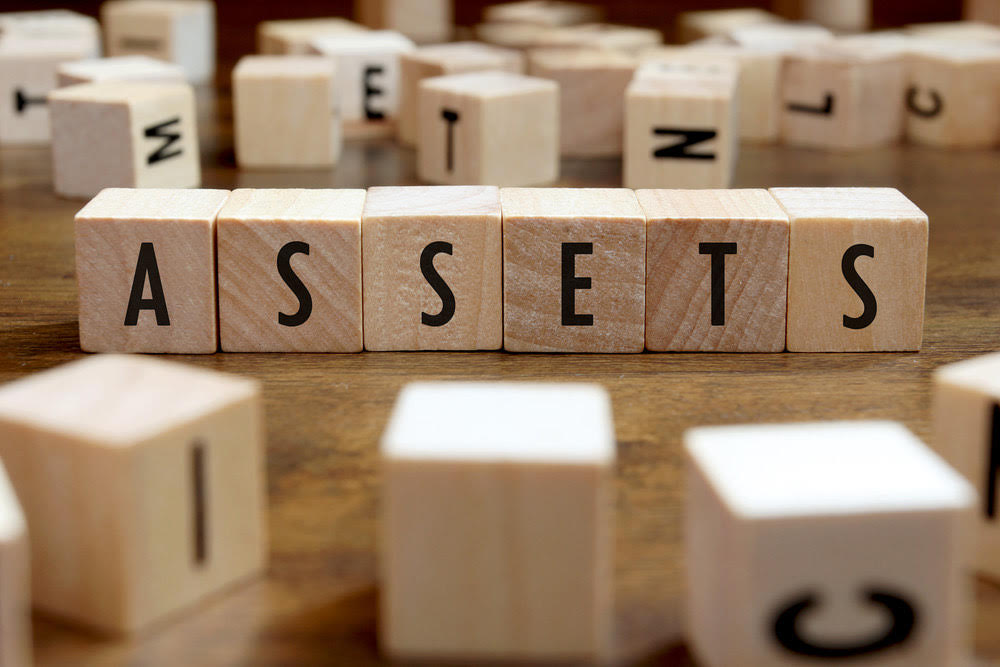
In all my years as an investor, I am often surprised about what people think are assets. This got me thinking, which are the most common types of assets you need to know about?
Many types of assets are also considered types of investments, however, not all types of investments are types of assets, although the vast majority are.
Assets can be split into two major categories: tangible and intangible assets. This article will cover both.
11. Real Estate
When it comes to the various different types of assets, real estate is one of the first people tend to think of. This is because it is so diverse, thanks to there being so many different types of real estate.
No two real estate investors have the same type of portfolio. Essentially, real estate refers to any type of building that is used for any kind of purpose, be it commercial, residential or even industrial.
Real estate is commonly rented out each month, in exchange, the person who rents the real estate gives the owner a given amount of money each month. This is called a rent payment.
On top of the fixed monthly payments, real estate also accrues in value year-on-year. On average, this value is 10%, however, will vary drastically based on location, as this is critical to house prices.
10. Vehicles

Okay, I have said several times on this site before that your vehicle is not an investment, and it is certainly not an asset. Here’s where I (sort of) contradict myself by telling you that it is.
Most people buy a brand new car every three years in order to look “successful”. To do this, they finance their car, as in, they take a loan out to buy it. This makes their car a type of debt.
However, not all cars are the same. You could always treat your car as if it was an asset. This can be done by buying a used car, for cash, for well under its market value. However, you may have to have some work done to it.
By buying it for cash, you won’t owe anything on it. By doing this, you are buying an asset, something that is worth a specific value , rather than something that is going to cost you money each month, like a debt would!
9. Land
When you it comes to the various different types of assets, raw land is one of the ones that tend to be forgotten. This is because people either don’t think of it, or assume that it comes under the umbrella category of real estate.
Regardless, it is its own type of asset, and is separate from real estate, although the two are interlinked. It is possible for one entity to own the real estate on some land, and for another entity to own the land under it.
Whilst real estate is quite broad in terms of what it can be used for, raw land is even broader. It could be used as farm land, to build on, as storage space, as caravan parks and as venues for outdoor shows!
Often, these can bring in far more than what you paid for the land in the first place. Sometimes, this could be just in one day! As with real estate, land also accrues value over time, at a similar rate to real estate!
8. Furniture
You’re probably wondering why I included furniture. After all, most people do the same thing with furniture as they do with vehicles: they finance them, and pay them off monthly, otherwise known as a debt.
However, just as with cars, you can do the same with furniture. Instead of buying a $10,000 couch that you can’t afford, you could buy a $250 off eBay or Amazon that you can afford.
When you buy it, pay with the cash you have in your wallet/bank account, rather than on finance. This turns what would’ve been a debt, into an asset, as it may accrue in value (depending on who/where you buy it from).
Just as with vehicles, furniture only accrues in value. It doesn’t earn an income, whether monthly, quarterly or annually- unless you’re selling them, but that is very different.
7. Collectibles
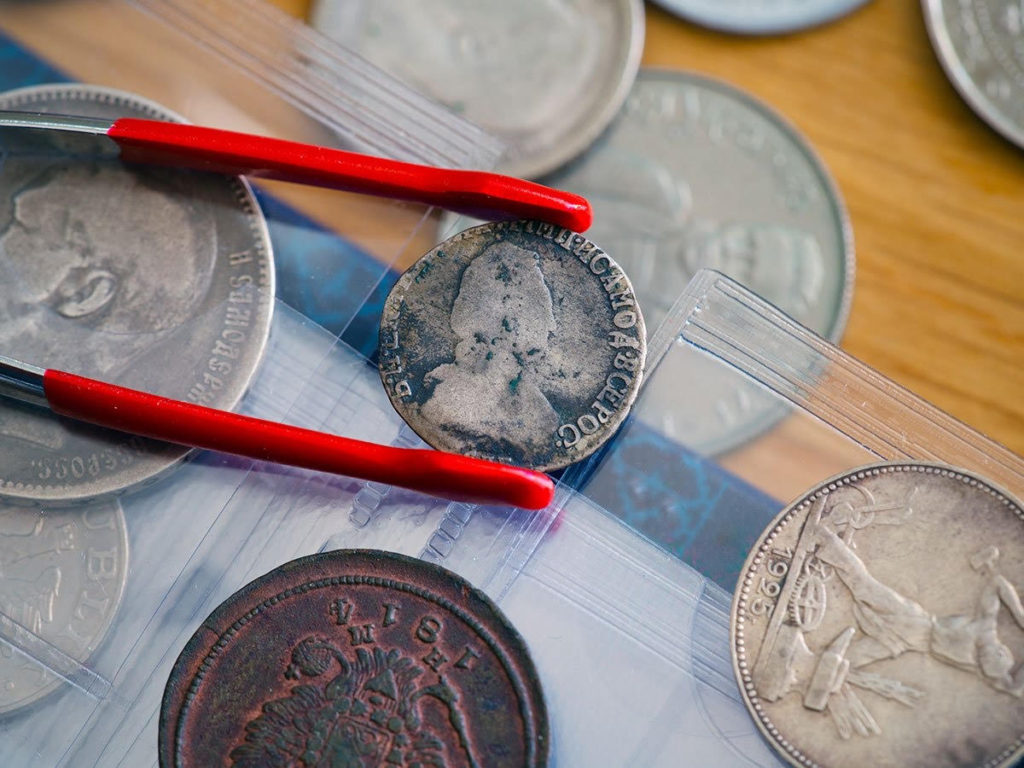
Since the beginning of time, people have been collecting (or hoarding) various things. This has continued to this day, with people collecting everything from coins to cars to wine to knives to used coke cans!
Whilst many people believe that these people are crazy/weird for doing this, there is actually a financial benefit from doing this. For the most part, these collectibles tend to be worth something, and are therefore an asset.
However, before you go off, investing you entire life’s savings in a dusty old collection, you need to know one thing: most collectibles aren’t worth more than you pay for them. So you’ll need to do a lot of research beforehand.
There is also the fact that whilst these collections will appreciate over time, they don’t earn anything per se. This means that whilst they are one of the best types of assets to own, you should probably divest in order to earn some extra income each year.
6. Rare Metals
Some collectibles, such as old coins, are made from rare metals such as gold or silver. However, these two different types of assets are completely separate from one another.
When I’m talking about rare metals, I’m talking about precious metals such as gold and silver. These are the most well known precious metals, but the term also includes metals such as platinum and palladium, which are even rarer.
Most people know that gold and silver are rare, with platinum and palladium being even rarer. For the most part, their value is derived almost exclusively from their scarcity.
If someone discovers a whole lot of gold tomorrow, their value will plummet!
However, by their very definition, rare metals do not generate a revenue for their owners. Instead, they simply accrue in value, especially in economic downturns and market crashes!
5. Intellectual Property
If hard assets such as land, bonds, real estate, rare metals and vehicles aren’t your thing, perhaps intangible assets are. One of the most famous types of intangible assets is intellectual property.
Intellectual property refers to anything that was created as a result of human intelligence. Primarily, this includes things like patents, which are used to make everything from the device you’re reading this on, to a nail in an airplane’s wing!
Originally, this was the sole purpose of intellectual property. However, over time, things such as copyright, trademarks and logos have all been added into this category as well.
Intellectual property earns money one of two main ways: royalties and value. If someone wants to use your intellectual property, they need your permission, and often need to pay you for the privilege, this could be paid monthly, quarterly or annually.
Due to this, the value of the intellectual property also increases alongside it.
4. Digital Assets
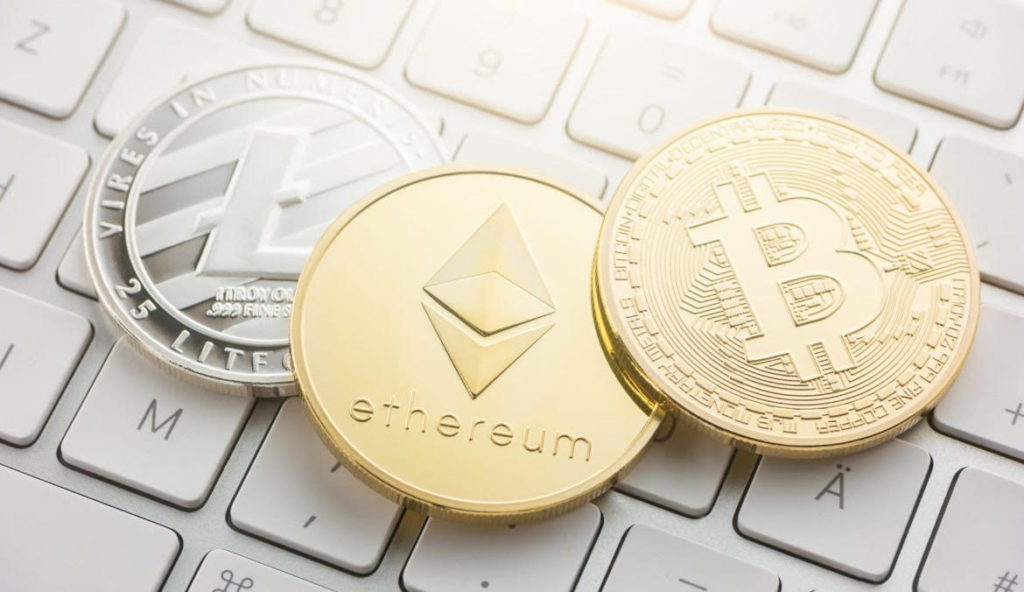
In recent years, the internet has experienced a boom only rivalled by that of the Dot Com boom in the late 1990’s. Today, almost everything is online, including entertainment, information and indeed, assets.
Many people are aware of the term “Digital real estate” referring to domain names and websites. For example, Finance Friday, operating under thefinancefriday.com, would be considered so-called “Digital real estate”.
Whilst websites are considered among the most common types of digital assets, it is by no means only type. Chief among these would be cryptocurrencies, a type of money not issued by a central bank.
Thanks to modern society, things such as logos, photography, animations, audio recordings, presentations and spreadsheets are all solely digital. If they’re earning you money, they’re considered a type of digital asset too!
3. Cash
When it comes to the different types of assets that people own, most people tend to forget about cash. This is probably down to it being so obvious, that most people overlook it, in favor of more obscure assets.
When I am talking about cash, I’m talking about cash in hand. This could be the cash currently sat in your bank account, in your wallet and/or in your office safe.
Every penny of this is worth something, be it $1, $10, $20 or whatever. As such, it is considered an asset. Naturally, a $1 bill sitting in your bank account probably isn’t going to make your rich, however, it can be used as a stepping stone.
This is because it can converted from cash into another type of asset, such as those mentioned previously. However, most investors generally advise that you keep some cash in reserve, in case of emergency.
2. Stocks
When it comes to the various different types of assets, stocks are generally the thing that people think of. This is thanks to them being such a secure asset that have made people billionaires, just ask Warren Buffett.
Essentially, a stock is a type of equity, usually one held in a company of some kind. Originally, there was only one type of stock, although in the modern world, there are several different types of stocks for you to choose from.
For the most part, these stocks are traded on the open market, with their price being determined based on the laws of supply and demand. However, some types of stocks are privately owned and can’t be traded on the open market.
Generally speaking, stocks make money in two ways: appreciation and dividends. Each year, stocks increase in value on average 7%. Many stocks also choose to pay a dividend of the company’s profit to shareholders, simply for owning the company’s stock.
1. Bonds
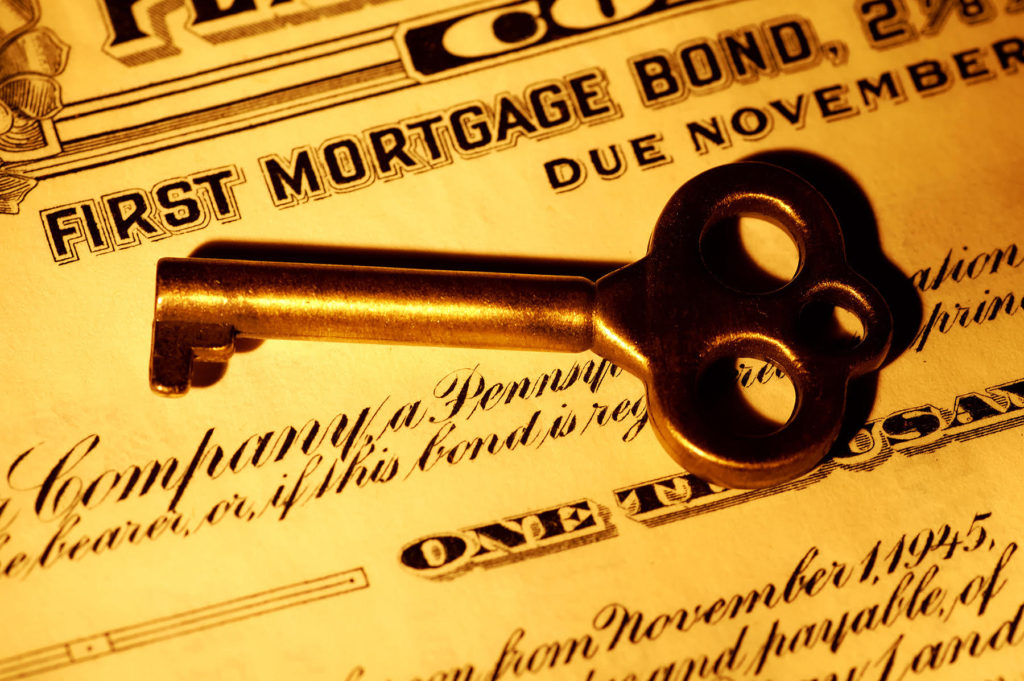
Bonds are perhaps the most famous types of assets, either before or after bonds, depending on your views. As with stocks, bonds have a long history of being a safe and reliable investment.
Where stocks are equity in a corporation, bonds are debt. To date, there are several different types of bonds, mostly depending on who or what issued the bonds (and sometimes when!)
For most bonds, the intrinsic value of the bond is dependent on the laws of supply and demand. However, the face value of the bond will always remain the same from the day it was printed.
The overwhelming majority of bonds pay what is known officially as a coupon, otherwise known as an interest payment. Depending on the type of bond, this coupon may be fixed, or it may varying each year.
Which is The Best?
I’ve just talked about the various types of assets that you could invest in. Chance are that you are now trying to work out which are the best for you.
Sadly, I can’t (really) answer that question for you. It’s more a question of who you are and what you’re looking for in terms of your portfolio.
If you’re looking for a safe asset to invest in that is pretty much guaranteed to pay out each month/quarter/year then I’d recommend bonds. If you’re looking for a safe(ish) asset that has the potential to grow, stocks or real estate are you best options.
*Obviously, you will need to do your research before hand, please don’t just go off what some random guy on the internet says.
If you’re looking to have fun along the way, but understand that you won’t make money annually from it, collecting coins (or other collectibles) or buying investment grade bullion might be your best course of action!
In all honesty, I wish that there was a “one size fits all” answer, but sadly there is not. As with the rest of investing, it is very personal, what works for me, might not work for you and vice versa.
You’ll need to evaluate every different type of asset and research whether you’ll 1) be able to afford it 2) enjoy it 3) not lose money on it.
It will certainly take some time, but, if you do it right, you’ll thank me for it in the future!
Which are your favorite types of assets? Tell me in the comments!

